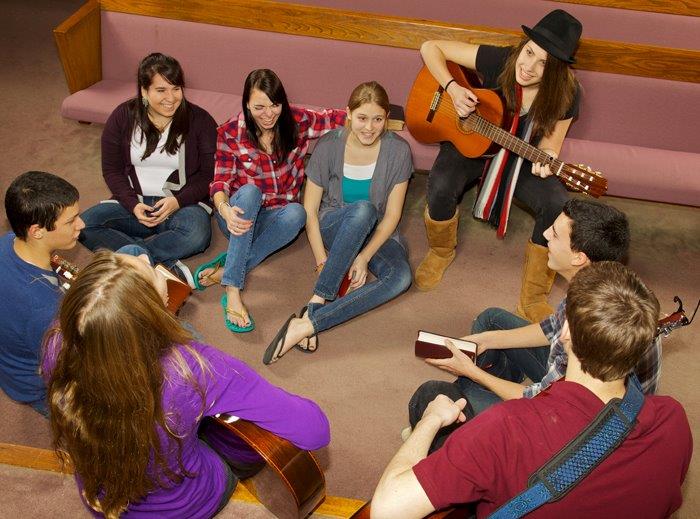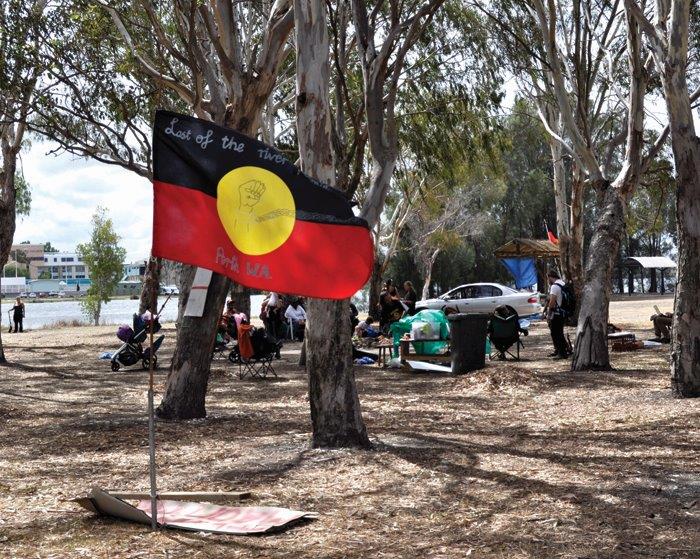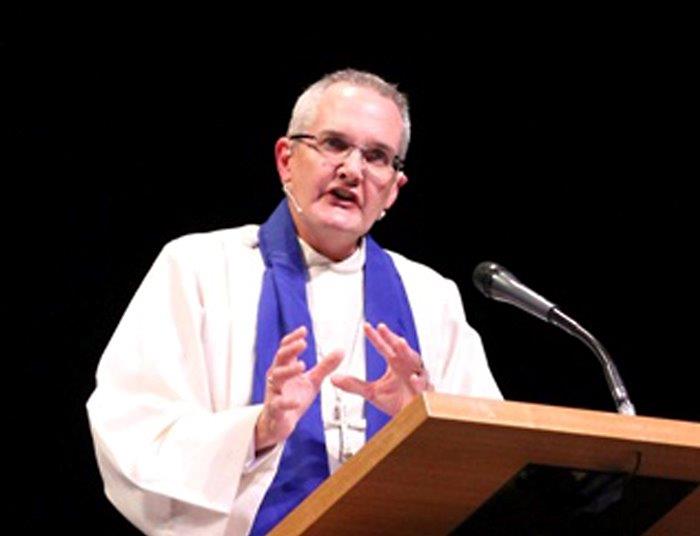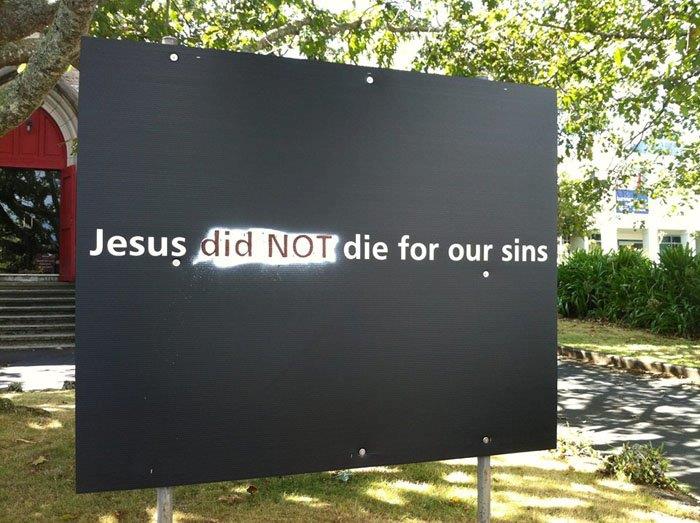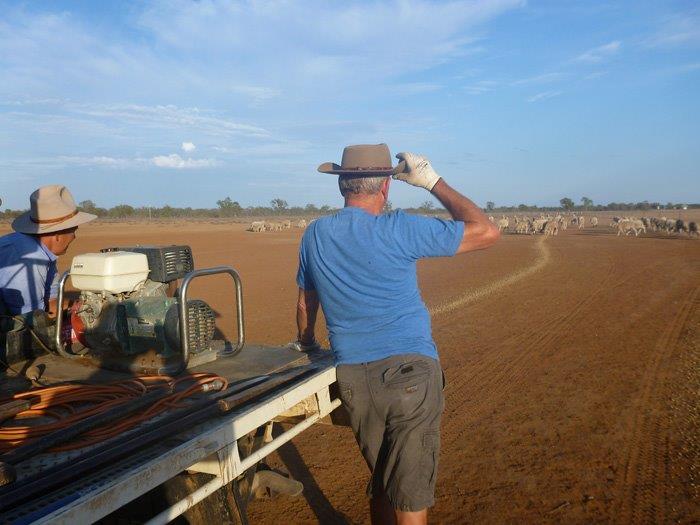I’ve previously written in Revive about my connection to Trinity Learning Centre (TLC) as a past student when my son was a baby. It was a sad day for many other past students, teachers, classroom supervisors, crèche staff, congregation members, committee members and volunteers when TLC closed its doors on Saturday 28 February this year. TLC, a program of UnitingCare West, originally began out of Trinity Uniting Church (now part of Uniting Church in the City) providing education and support to pregnant and parenting young mothers. I’ve written about the impact TLC had on my life before, so I won’t get into that again. I have a better story to tell…
At the farewell, Sue Ash, CEO of UnitingCare West, spoke about the sadness and anger people felt at the news that this amazing program was ending. She then reminded us of the success of TLC – not just for the women who graduated, but also for the church as it filled a need. When TLC began, almost 30 years ago, there was nothing like it in Perth. Dr Harry Cohen recognised a need for young mothers to have an opportunity to finish high school, through his work at King Edward Memorial Hospital for Women, which has a dedicated adolescent maternity ward.
